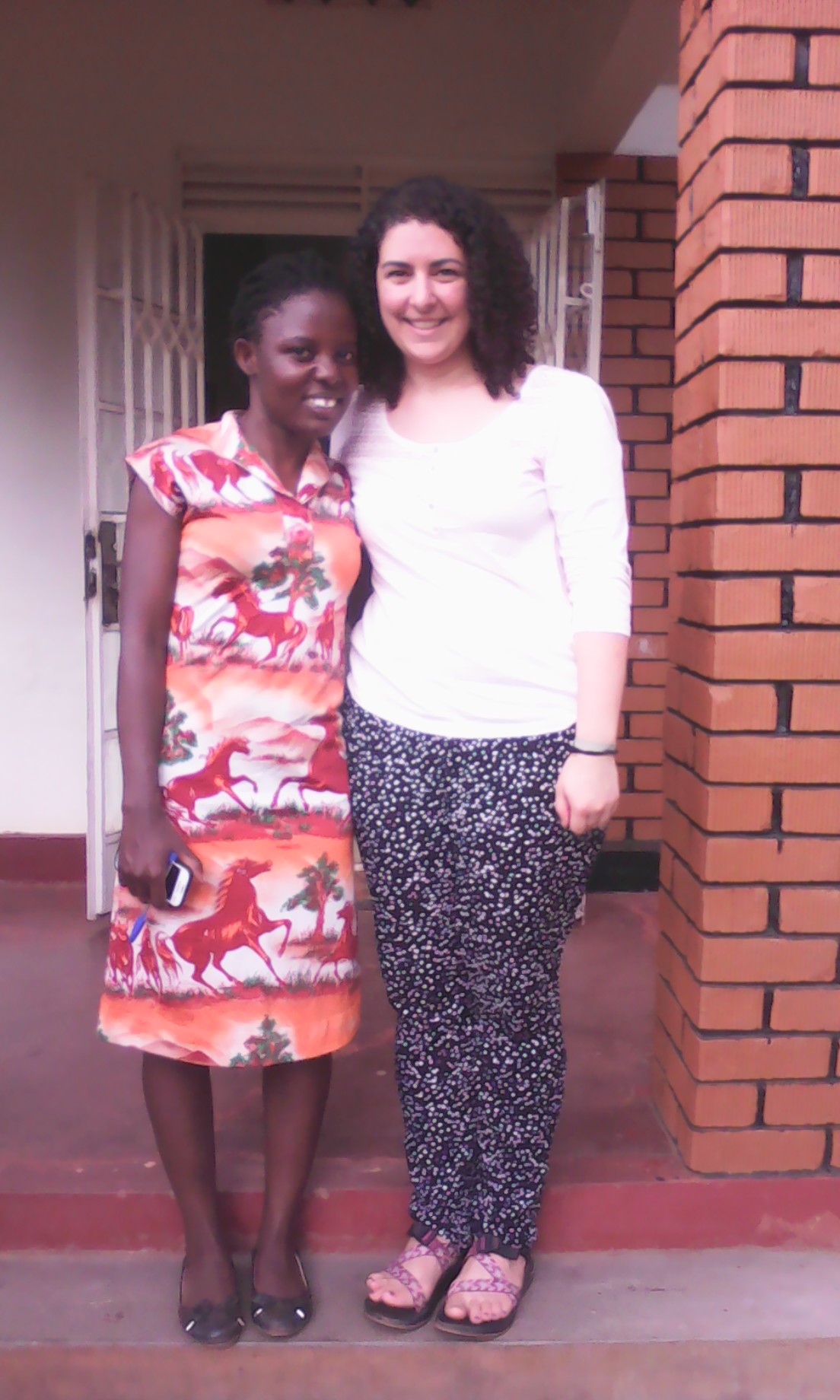By Kaitlin Rizk, ISyE Undergraduate
When I was in elementary school, three boys and I were the best at math in our class. We formed the “Dream Team” for math competitions and won multiple awards. As the end of grade school approached, I envisioned taking advanced math and science classes in middle and high school, ultimately following in my dad’s footsteps to become an engineer.
On the day we got our school schedules for the following year, I learned that I was placed in regular math, while the three boys were placed in advanced algebra. My heart sank, and for the first time, I doubted my ability. My male math teacher indicated that I was not ready for advanced math, while the boys were. My parents disputed his judgment about me, and in spite of the teacher’s resistance, they made sure that I was enrolled in advanced algebra.
My father and mother, an engineer and a nursing professor, respectively, had always encouraged me to pursue studies in STEM fields. I also took inspiration from my paternal grandparents, an engineer and a chemist, who had immigrated to the United States from Egypt. Their legacy made me aware of the abundant opportunities in STEM, and their stories inspired me to follow a similar path. As I grew up, my parents told me I could try anything. My dad taught my sister and me how to build wooden racing cars and encouraged me to participate in physics competitions. We often visited electronics shops and assembled circuit kits. He even took me on a trip to Niagara Falls so I could learn about Nikola Tesla and his famous effort to harness the power of the falls.
Despite my father’s ongoing encouragement, my confidence was again shaken when I decided to enroll in an AP computer science course. I entered the course fearing coding, which was further heightened when I realized that I was only one of three girls in the course. I soon noticed that the boys were continually praised for being the best programmers. I began to dread going to class and felt anxiety every morning before school. I wanted to drop out, but my dad did not allow it. I learned later that the boys who were the best in the class had been programming since they were eight. However, girls typically do not have the same exposure to coding; they are already a step behind in the classroom.
My experiences doubting my abilities now motivate me to help other girls have better experiences with STEM. Today, I am the chief executive officer of Stempower, a global nonprofit, which offers a long-term STEM mentorship program for 10- to 12-year-old girls. We provide more than 300 girls with access to role models and STEM materials, and develop communities of support and training for girls through our hands-on programs. Female mentors from Georgia Tech visit biweekly with Girl Scout troops and conduct activities such as building rockets, making circuits, building mechanical arms, or teaching coding. Our curriculum focuses on using important life lessons to build the girls’ self- confidence—lessons including “perseverance is powerful” and “mistakes are valuable.” Through an Institute-approved study on girls in Stempower, we demonstrated that our program improves girls’ self-efficacy by 60 percent and increases their interest in STEM by 80 percent.
After starting Stempower in the United States, I traveled to Uganda where I attended an innovation event and met Grace Nakibaala, a strong, passionate STEM entrepreneur. Grace inspired me to take Stempower to a global level, and we started a Stempower chapter in Kampala, Uganda. Through a partnership with the World Association of Girl Scouts and Girl Guides, Stempower provides mentorship to girls in the U.S. and Uganda, and recently expanded into Nairobi, Kenya.
Georgia Tech has provided me with a niche community where I met my co-founding team — a group of talented, smart women all motivated to empower girls. We have been successful through our partnerships on campus with Grand Challenges and the Center for the Study of Women, Science, and Technology.
Throughout my time at Georgia Tech, male dominance in my academic environment has inspired me to research women’s barriers to success in STEM fields. Through Stempower, I have also conducted research about young women facing barriers in STEM fields in the U.S., Uganda, and Kenya, and have developed a curriculum recognizing self-confidence as a path toward reducing these barriers. I hope to grow this curriculum and take Stempower to more nations, including Egypt, where my family is from.
Currently, my co-founders and I are working on developing a model so students at other universities can start Stempower chapters at their own schools. Additionally, we want to create a support network for our college-age mentors and help them to also succeed in STEM. This semester, we have invited corporate sponsors to provide career development events for our mentors.
When I graduate, I want to leave an impact on the Georgia Tech community and support women right here. Stempower is on the forefront of increasing female representation in STEM at Georgia Tech.
If you are interested in learning more about Stempower or in volunteering for the organization, please email Kaitlin at kaitlinrizk@gmail.com.
